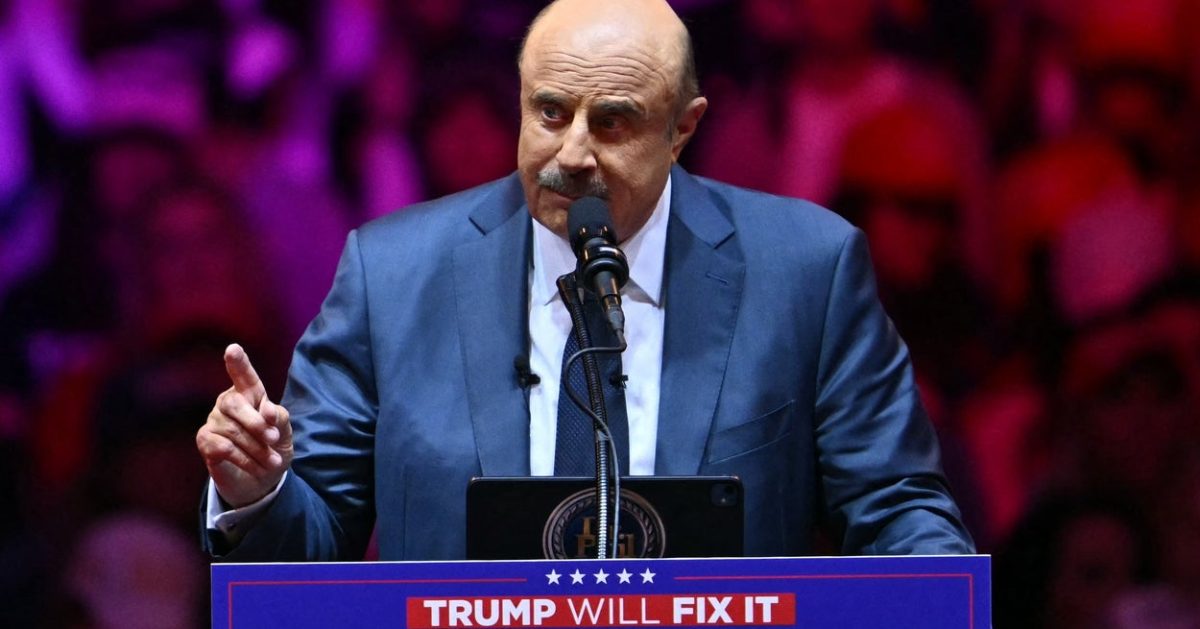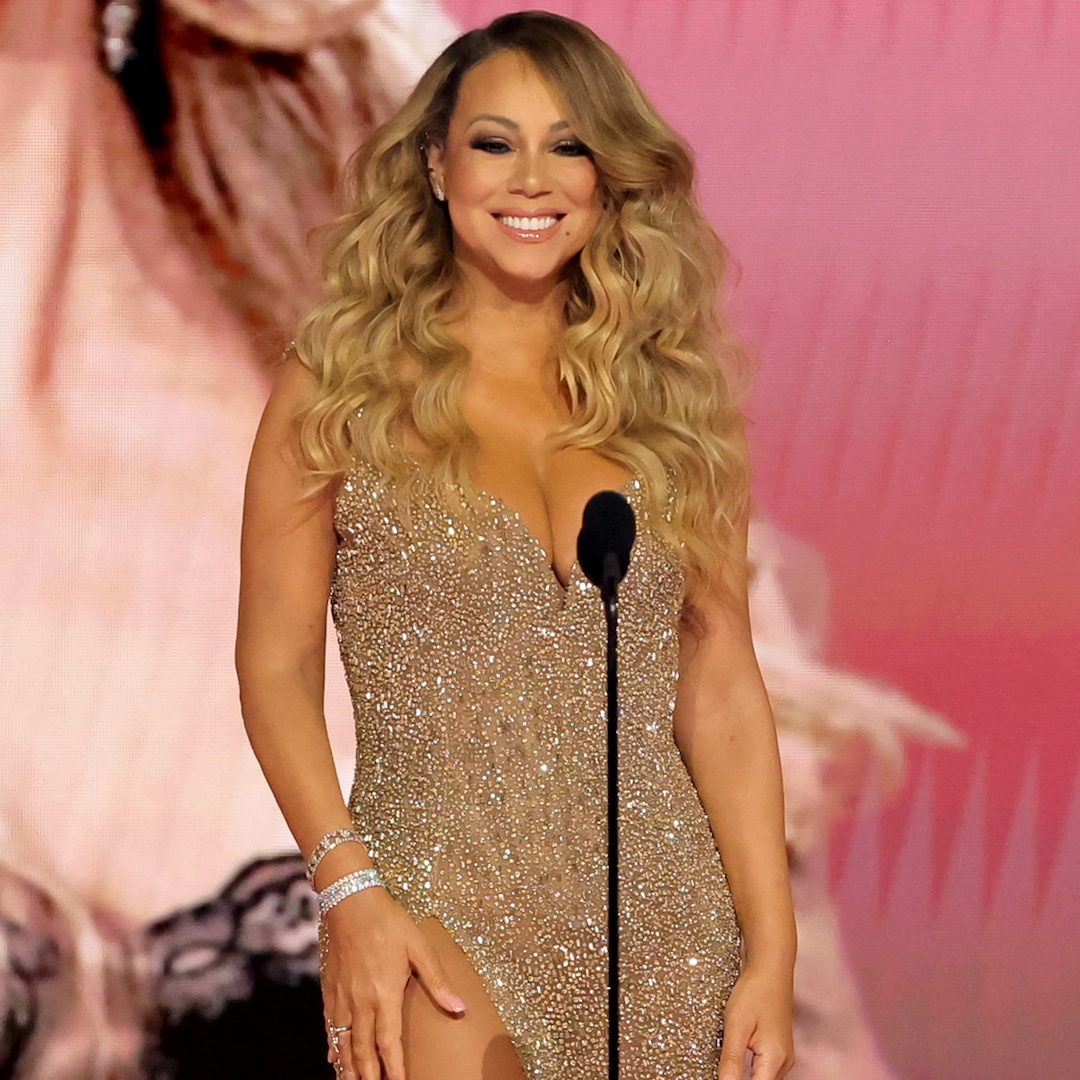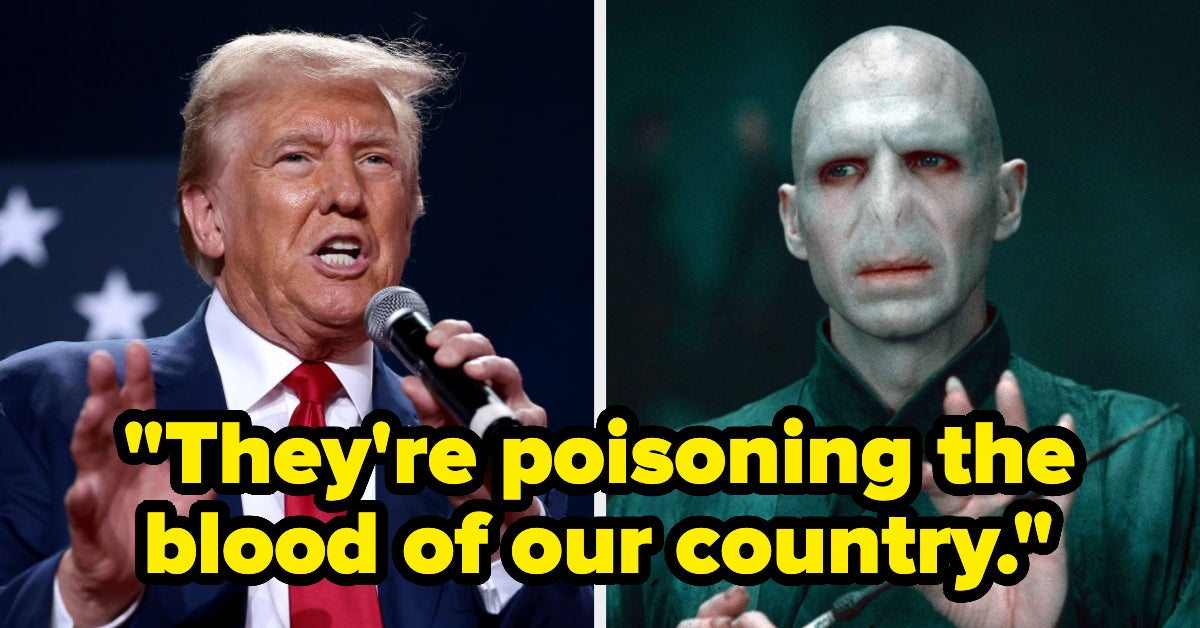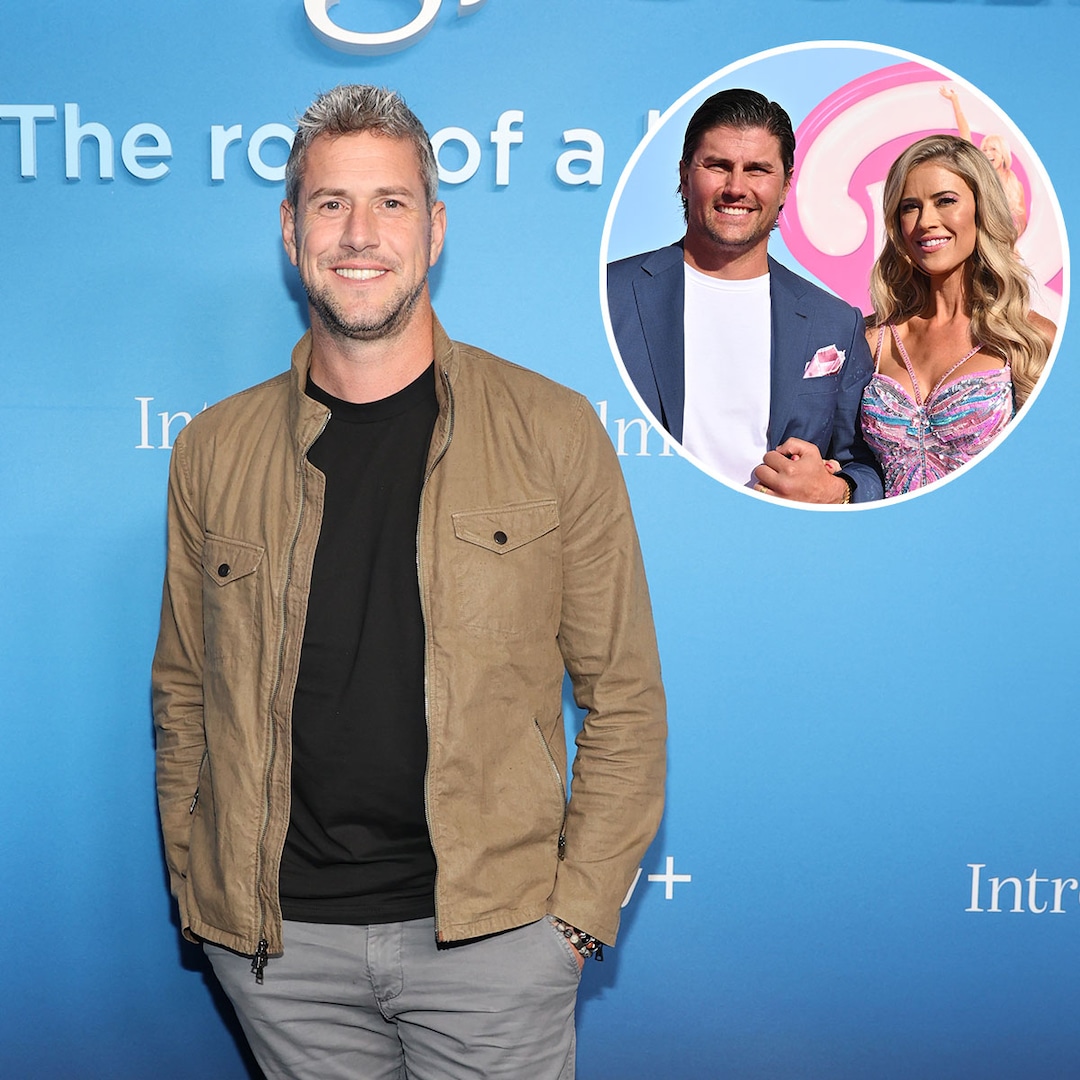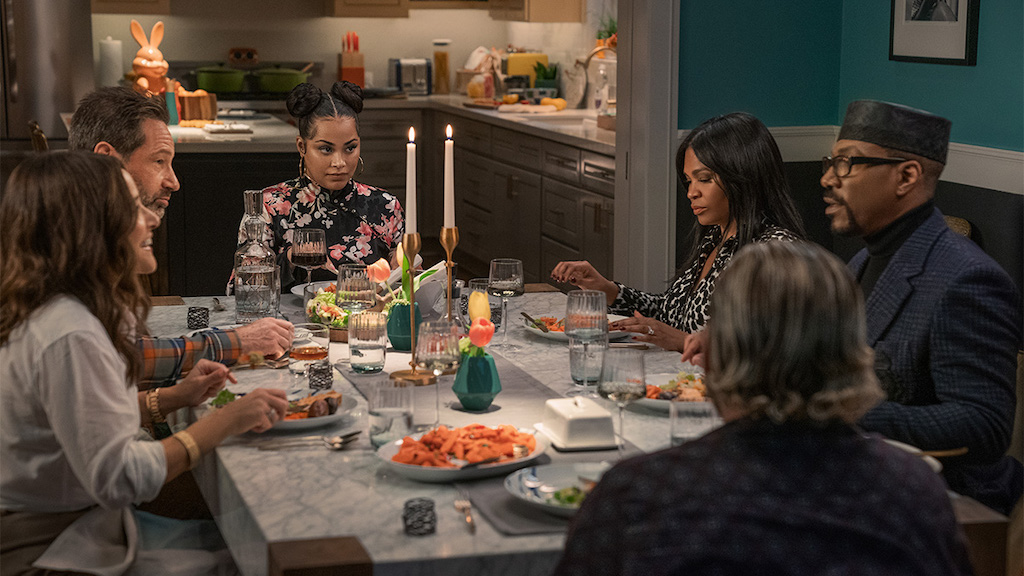
You People Demonstrates Black and Jewish Cultures Are Better Together
Mar 7, 2023
Kenya Barris’ You People originated from a 30-minute meeting with Jonah Hill that turned into two weeks of working together on a pitch. “We went and sold a love letter to L.A., a love letter to the culture, and a love letter to love,” says Barris.
In the much-discussed Netflix film, which Barris directed and co-wrote with Hill, confusion over a ride share leads to a meet-cute between Ezra Cohen (Jonah Hill) and Amira Mohammed (Lauren London). They share a love of Black culture, but their relationship is put to the test when Ezra’s parents Shelley and Arnold (Julia Louis-Dreyfus and David Duchovny) are woke in a way that doesn’t ring true to toward Amira, her tough-as-nails father Akbar (Eddie Murphy), and her concerned mother Fatima (Nia Long).
MovieMaker spoke with Kenya Barris about how You People’s finds humor in tension between Black and Jewish cultures, bringing together Julia Louis-Dreyfus and Eddie Murphy for the time since they appeared on Saturday Night Live in the early 1980s, and the already infamous kufi scene. He also says the writing the remake of White Men Can’t Jump did not come easily.
Kenya Barris on You People’s Hardest Scene
Joshua Encinias: What was it like bringing Eddie and Julia together for the first time since they were castmates on SNL?
Kenya Barris: It was like if we had done Space Jam: A New Legacy, and LeBron went back in time to play Jordan in his prime. They’re both GOATs. They’re both on Mount Rushmore.
Joshua Encinias: Did they improvise any of their lines?
Kenya Barris: Absolutely, there was improvisation, but I will say the lines were already there. I love improv and I believe in it heavily. And I feel like Jonah Hill is probably one of the best improvisational comedic actors in the world. We were collaborative with the actors before we shot the movie and a lot of the lines on the page came from their input. We talked about what they saw in character and who the character was. It gave them the freedom to know how they were going to improv it, because we talked about it so much before.
Joshua Encinias: The dinner scene with Eddie and Julia’s families felt like classic Eddie Murphy, with Akbar’s kufi being set on fire by Shelley and Arnold. Will you talk about writing that scene?
Kenya Barris: It was the funniest and hardest thing in the whole movie. Because the conversation they’re having at dinner was so cringe-worthy, but relatable. There’s a setup from the earlier scene of how important this kufi is to Akbar. It was done completely with no malice by Shelley and Arnold, and it has all the things that you really want a comedic scene to have. It’s grounded, it has surprises, and it’s based on something of happenstance that causes something really f—-ed up to go on. I think that’s one of those moments that when it works right, it really can hit.
Joshua Encinias: One of my favorite things in the movie are the blink-and-you’ll-miss-it cameos. I think I saw Elliott Gould in three scenes.
Kenya Barris: We knew when we started casting that we wanted people who really paved the way. We wanted to put them together and give them a moment to shine or make people remember Richard Benjamin, or Hal Linden, who played Barney Miller. It was a moment to get people who had been all stars and really contributed to culture, and comedy culture in particular, to get them together at any point we could in the shoot.
Joshua Encinias: Between acting scenes, you insert interstitial scenes of L.A. landmarks like Capitol Records, Roscoe’s House of Chicken and Waffles, Randy’s Donuts, you name it. It gave a broader view of L.A. than most people see in L.A. movies.
Kenya Barris: I wanted to do a love letter to L.A. In the same way that… I guess we’re not supposed to say Woody Allen’s name anymore, but what he did for New York, and how he made that a character, was something that anybody who’s a comedy writer can — you’d be lying if you said you didn’t point to it and love what Allen did for New York City. I love L.A., I’d love to do more stories in L.A., and I’d love to use some of those things. I think L.A. is a place that’s so underused, in terms of the geographic nature of it, how it’s set up, and some of the specificity of the landmarks.
Kenya Barris’ You People and Black-Jewish Dynamics
Joshua Encinias: Eddie has played Jewish men on SNL and in the first Coming to America. Here, his character Akbar clashes with Jonah’s Ezra, a secular Jewish guy. What makes material about Black and Jewish culture so appealing for Eddie?
Kenya Barris: I don’t know. [Laughs.] You would have to ask Eddie. I think what drew him to this character… if this was Guess Who’s Coming to Dinner, the idea of a black man being Spencer Tracy. We haven’t really quite seen the idea of that. The idea of him playing the straight man, up against Jonah, making him uncomfortable, I think was a really interesting turn for him.
Joshua Encinias: As we come to learn, Ezra accepting Black culture as American culture minimizes the people it comes from. It puts him in conflict with Akbar, who appreciates what makes Black culture distinct, and doesn’t want to see it treated like a fad. Did you find a lot your story and humor in the tension between the two?
Check out our discussion of Kenya Barris’ You People on the Low Key podcast.
Kenya Barris: For me, the co-opting of Black culture, the tanning of America, is a big source of [sighs] … ire for me. I sometimes feel contempt for it. Not because it’s being embraced. It feels like it’s taken and repackaged and we’re not given credit for it. That is something that I butt up against, and I think the character Ezra finds as it goes on that loving the culture is more than just loving hip-hop, and knowing about sneakers. I think that’s really important. I think the contributions of so many niche groups often get swallowed up by Americana. The nature of America as a country is based around the idea of letting somebody create, and then taking it from them. I wanted to explore that. I wanted to look at how hip-hop used to be street music and now it’s the Number One genre of music in the world. So, I just think it’s important to look at the contributions that every culture in this country have made to it, and honor those contributions.
Joshua Encinias: You People comes on the heels of Kanye West using old, racist tropes about Jewish Americans, and your movie deals with a lot those things. Do you think the aftermath would places a different light on You People?
Kenya Barris: Absolutely. We had no idea Kanye was gonna freak out… and tell people Hitler made the mic, but we felt like it was an interesting time. For me, I think Kanye’s story is a little bit bigger. There are other things going on with him. The conversation that more so connects with our story is the Kyrie Irving conversation. I think there’s two sides to that story. There was an apology made, and there was a tonnage of things that I felt were put back on him. Because the world I work and live in, most of the people, well over 70% to 80% of people in my life, are Jewish. So it causes a lot of interesting conversations. I think that those two cultures over the history of America have done a lot of good together. You know, Civil Rights wouldn’t happen without the support of Jewish liberals and Jewish financing and things like that. There would have been no successful Civil Rights Movement. I think we’re better together and that’s ultimately what the movie is about.
Kenya Barris on Remaking White Men Can’t Jump
Joshua Encinias: What was it like writing the White Men Can’t Jump remake?
Kenya Barris: Difficult. We’ll see, it’s still ongoing. We’re editing it, but I feel basketball is much more ubiquitous and much more part of the world, especially for the younger generation than it was when the original movie came out thirty years ago. I hope people find something to relate to in the movie.
Kenya Barris’ You People is now streaming on Netflix.
Main images: Kenya Barris’ You People
Publisher: Source link
Why Dr. Phil Spoke At Donald Trump’s NYC Rally
Plenty of people do stupid things out of spite — just ask Dr. Phil. If you're morbidly curious, you can watch his entire speech below. Credit where credit's due, it was probably the least offensive thing to go down at…
Nov 9, 2024
Mariah Carey Shares Rare Photo of 13-Year-Old Son Moroccan Cannon
Before Carey's tune registered, it had been a minute since a Christmas song was also a massive hit. If you count Wham!'s mournful "Last Christmas" as a holiday staple, we're talking 1984. If you prefer more pep in your reindeer's…
Nov 9, 2024
Here Are 13 Quotes — Can You Tell If They Were Said By Donald Trump Or TV/Movie Villains?
"They are indeed the enemy from within."View Entire Post › Disclaimer: This story is auto-aggregated by a computer program and has not been created or edited by filmibee.Publisher: Source link
Nov 8, 2024
Christina Hall Replaces Ex Josh Hall With Ex Ant Anstead on Flip Off
Josh Hall Tries to Block Sale of Estranged Wife Christina Hall's $4.5 Million Tennessee HomeChristina Haack has done a major flip-flop. The 41-year-old was spotting filming her forthcoming reality show The Flip Off with ex-husband Ant Anstead four months after…
Nov 8, 2024








